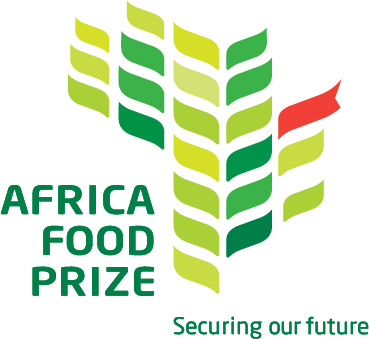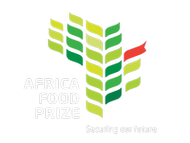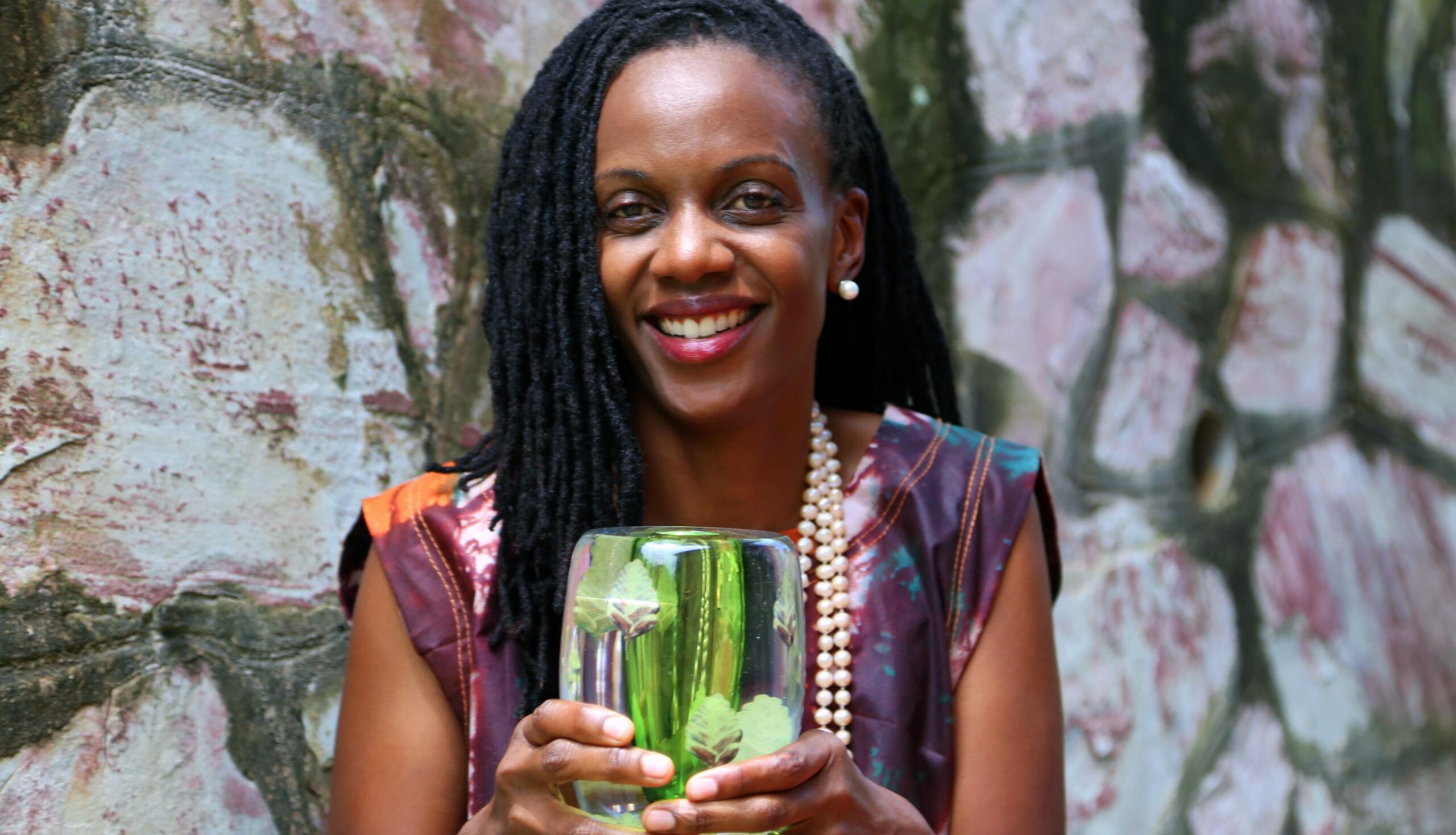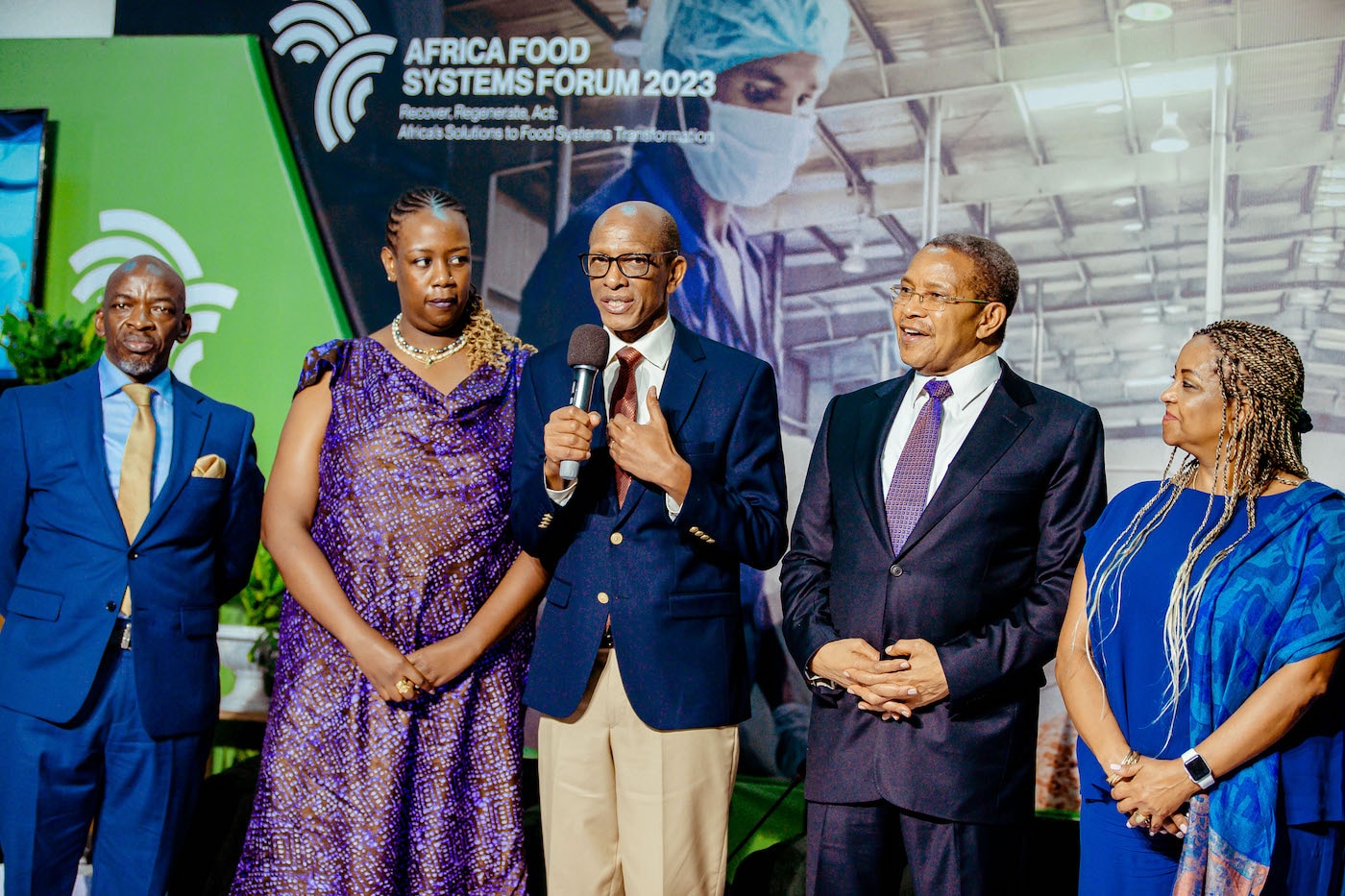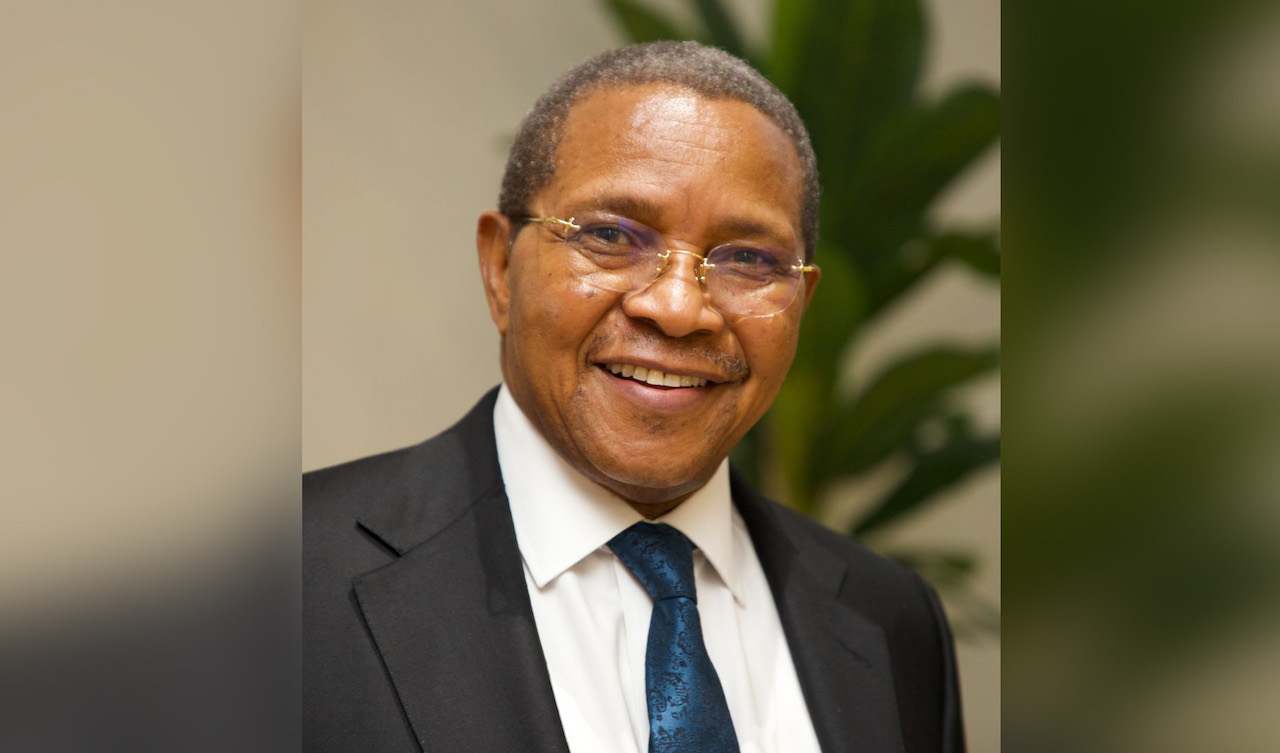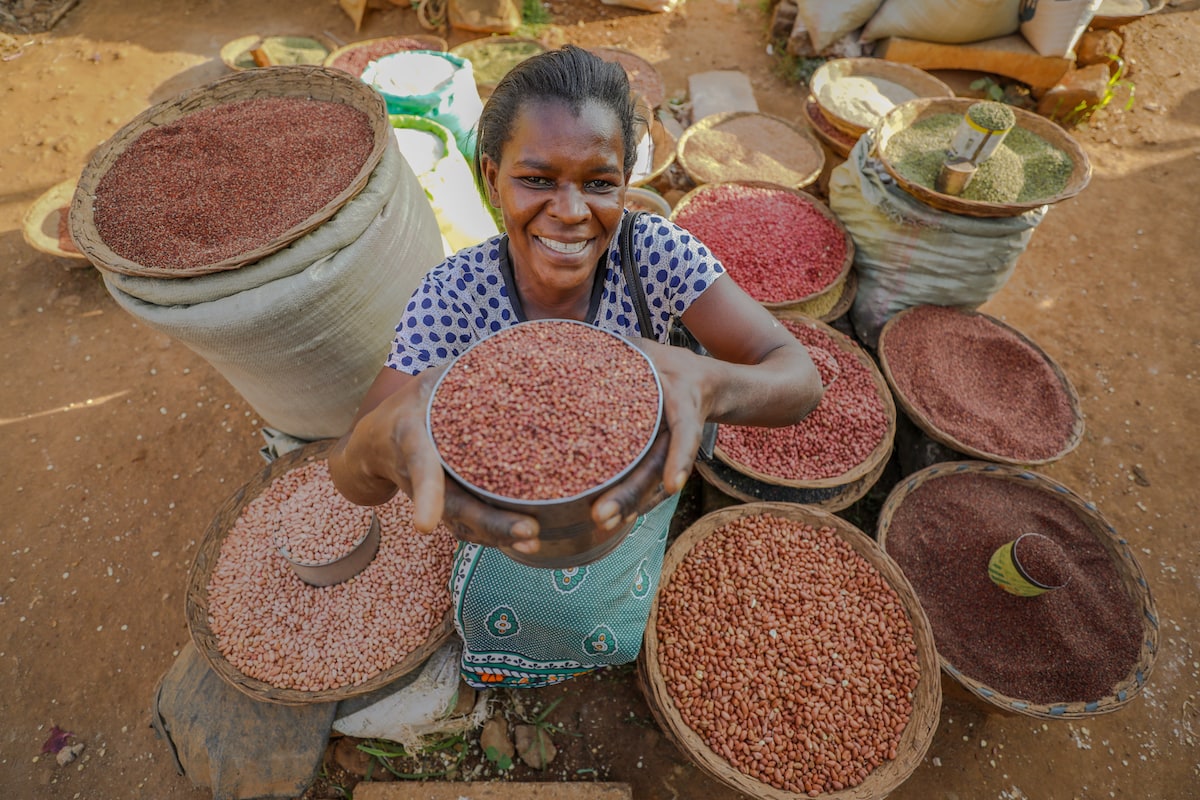Africa’s female startup founders are among the most underfunded and over-mentored groups of entrepreneurs. Yet they’re driving some of the most exciting and important changes on the continent.
We’re proud to introduce this year’s Africa Innovators List: a dynamic group of over two dozen women from 12 countries and 15 sectors whose work dispels the myth that women are primarily focused on social sectors as opposed to areas that drive economies.
This year’s list features innovators who are building robots in Cameroon for waste collection, tackling freight logistical challenges in Ghana, addressing low insurance penetration in Kenya, bringing indigenous pastoralist knowledge from the Sahel into global climate change discussions, training other women in tech, blending creative math design with fashion in Nigeria, addressing energy nancing in Tunisia, and investing in pre-seed funding across the continent.
Once the coronavirus pandemic hit, innovation went from being a buzzword to becoming paramount to the survival of businesses and the safeguarding of jobs. The most resilient entrepreneurs proved to be those that could harness technological innovations to pivot operations. As economic growth stalled and unemployment soared, the continent’s institutions and funders began looking to digital entrepreneurs to drive its recovery.
Yet for the continent’s female business leaders, challenging conditions and near-insurmountable funding obstacles have always been a part of their startup journey. That’s part of the reason they are uniquely positioned to lead the continent on the path to recovery. And why Quartz Africa chose to focus on some of the most exciting female-led initiatives happening in Africa today.
This doesn’t just matter to young girls trying to envision the full scope of their future. It’s a great loss for Africa’s economies when we fail to honor women’s contributions to society, or restrict their access to opportunities. As an example, by one measure, African e- commerce is losing over $14.5 billion by not having the same number of women as men selling online.
These women are not only from the continent’s tech and innovation hubs of Kenya, South Africa, Nigeria, and Egypt, but also from Somalia, Cameroon, Senegal, DRC, Chad, Tunisia, Uganda among other countries. Their innovations show the potential that can be unleashed when women with bold ideas and decisive actions take the lead.—Ciku Kimeria, Quartz Africa editor, and Jackie Bischof, Talent Lab editor.
QUARTZ AFRICA INNOVATORS
Jihan Abass • Miishe Addy • Diarra Boussou • Héla Cheikhrouhou • Amira Cheniour • Farah Emara • Maya Horgan Famodu • Regina Honu • Hindou Oumarou Ibrahim • Neema Iyer • Fara Ashiru Jituboh • Xaviera Kowo • Berita Khumalo • Tomilola Majekodunmi • Moky Makura • Cathye Moukoko • Catherine Nakalembe • Nanjala Nyabola • Marie-Alix De Putter • Mmamontsheng Dulcy Rakumakoe • Jasmine Samantar • Kalista Sy • Mariam Bintou Traoré • Seynabou Dieng Traore • Indira Tsengiwe • Wanjiru Koinange and Angela Wachuka
Catherine Nakalembe
Catherine Nakalembe is the program director for NASA Harvest Africa, the space agency’s food security and agriculture program for Africa. She uses satellite remote sensing and machine learning to collect data to guide agricultural decision-making and improve the lives of smallholder farmers in Africa. She also provides support and coordination for NASA Harvest Africa’s activities in Kenya, Tanzania, and Uganda.
Nakalembe’s work has led to the development of policies and programs to shield farmers against the impacts of food failure. It has led to the creation of food security and crop monitoring bulletins that incorporate satellite data in Tanzania, Uganda, Kenya and Rwanda. In addition, Nakalembe designed a mechanism for a disaster risk nancing program in Uganda that has supported more than 300,000 households in the country.
Nakalembe is also an associate research professor at the University of Maryland and a member of the NASA SERVIR Applied Sciences Team, which promotes applications of earth observations to help developing countries assess the environment for better planning and action.
